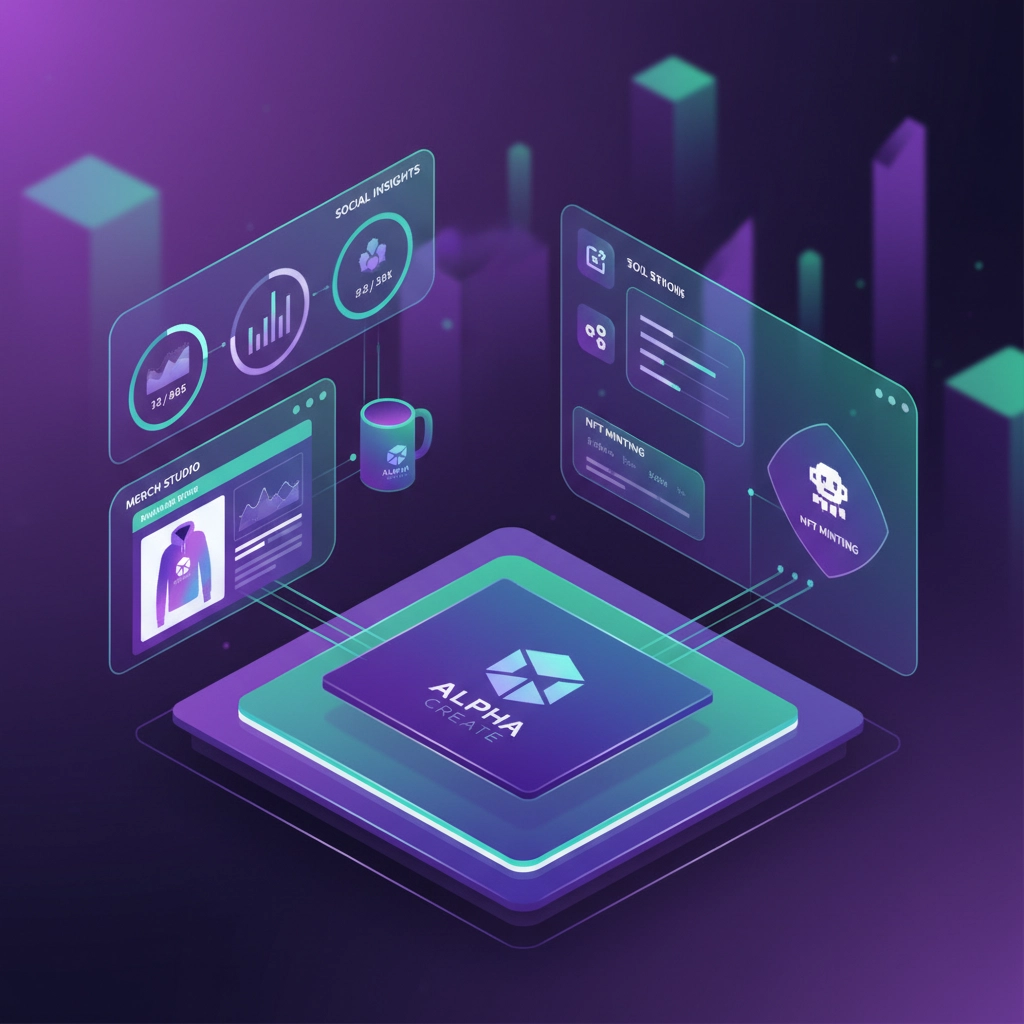Understanding the NIL Scholarship Landscape
Name, Image, and Likeness (NIL) regulations have transformed how student-athletes monetize their personal brands. Educational institutions and corporations now recognize esports as a legitimate pathway for scholarship opportunities. Brands seeking engagement with younger demographics find scholarship platforms provide measurable returns on investment while supporting educational initiatives.
The esports industry generates billions in annual revenue. Student participation in competitive gaming continues to increase across high schools and universities. Scholarship programs targeting esports athletes address the growing demand for financial assistance in pursuing higher education while developing digital marketing skills.
Fanz LLC offers matching funds up to five million dollars for brand activation initiatives. This financial backing enables corporations to establish comprehensive scholarship programs without requiring substantial upfront investment. The platform facilitates connections between brands and esports athletes seeking educational opportunities.

Core Components of Education-Driven Scholarship Platforms
Scholarship platforms on Fanz integrate multiple educational elements beyond traditional financial assistance. Athletes receive training in personal branding, logo design, and digital marketing strategies. The curriculum includes practical applications of business principles through merchandise development and online store management.
Educational modules cover intellectual property rights, contract negotiation, and financial literacy. Students learn to navigate sponsorship agreements and understand the legal implications of NIL activities. These skills transfer to career opportunities beyond competitive gaming.
The platform provides access to design tools for creating personal logos and brand assets. Athletes develop portfolios showcasing their creative work and marketing campaigns. NFT creation and blockchain technology instruction prepare students for emerging digital economy opportunities.
Internship programs connect scholarship recipients with industry professionals. These placements provide real-world experience in social media management, content creation, and brand strategy development. Mentorship opportunities facilitate networking and career guidance.
Brand Activation Benefits

Corporate sponsors gain access to engaged audiences through scholarship program participation. Esports demographics align with key consumer segments for technology, gaming, and lifestyle brands. Scholarship recipients become brand ambassadors, creating authentic promotional content.
Data analytics track engagement metrics and return on investment for scholarship initiatives. Brands monitor social media interactions, website traffic, and conversion rates generated by program participants. This information guides future marketing strategies and budget allocation decisions.
Cross-platform integration enables brands to leverage multiple touchpoints for audience engagement. Scholarship recipients create content across various social media channels, amplifying brand visibility. The educational component ensures quality content creation aligned with brand guidelines.
Long-term relationship building occurs through multi-year scholarship commitments. Recipients develop loyalty to supporting brands, creating sustained marketing value beyond program duration. Alumni networks provide ongoing promotional opportunities and customer acquisition channels.
Implementation Process
Initial setup requires defining scholarship criteria and educational objectives. Brands specify eligibility requirements, application procedures, and selection processes. The platform accommodates various scholarship structures, from one-time awards to multi-year commitments.
Integration with existing brand marketing systems streamlines program management. API connections enable data synchronization between Fanz and corporate databases. Automated reporting generates regular updates on program performance and participant progress.
Content creation tools facilitate scholarship recipient onboarding. Template systems guide students through personal brand development exercises. Standardized curricula ensure consistent educational outcomes across all program participants.
Quality assurance mechanisms monitor educational content delivery and participant engagement. Regular assessments track skill development and knowledge retention. Feedback systems enable continuous program improvement and curriculum updates.

Educational Curriculum Structure
The scholarship program curriculum divides into core modules addressing essential business and marketing concepts. Foundational courses cover brand identity development, market research, and consumer behavior analysis. Advanced modules explore digital marketing strategies, influencer partnerships, and revenue generation techniques.
Practical workshops provide hands-on experience with industry-standard software and platforms. Students learn graphic design, video editing, and social media management tools. E-commerce modules teach online store setup, inventory management, and customer service protocols.
Legal education components address contract law, intellectual property protection, and regulatory compliance. Students understand their rights and obligations under NIL agreements. Ethics training ensures responsible brand representation and authentic content creation.
Financial literacy modules cover budgeting, investment strategies, and tax implications of NIL income. Students learn to manage earnings from sponsorship deals and merchandise sales. Entrepreneurship courses encourage business plan development and startup creation.
Technology Infrastructure
The Fanz platform utilizes cloud-based architecture to support scholarship program operations. Scalable systems accommodate varying program sizes and complexity levels. Security protocols protect sensitive student and brand information throughout the application and participation process.
Mobile applications enable scholarship recipients to access educational content from any location. Offline functionality ensures continuous learning opportunities regardless of internet connectivity. Progress tracking features monitor individual advancement through curriculum modules.
Integration capabilities connect with popular educational platforms and learning management systems. Brands can incorporate existing training materials into scholarship curricula. API access enables custom integrations with corporate systems and third-party tools.
Analytics dashboards provide real-time insights into program performance and participant engagement. Customizable reports address specific brand requirements and educational objectives. Data export features facilitate integration with external analysis tools.

Measuring Success and ROI
Key performance indicators track scholarship program effectiveness across multiple dimensions. Educational metrics include course completion rates, skill assessment scores, and certification achievements. Engagement measurements monitor social media interactions, content creation frequency, and audience growth.
Brand awareness studies evaluate scholarship program impact on consumer recognition and sentiment. Pre and post-program surveys measure changes in brand perception among target demographics. Market research identifies correlation between scholarship activities and purchasing behavior.
Financial analysis calculates return on investment through direct and indirect revenue attribution. Sales tracking connects scholarship recipient activities to customer acquisition and retention. Cost-per-acquisition comparisons demonstrate program efficiency relative to traditional marketing channels.
Long-term impact assessments monitor career outcomes for scholarship recipients. Employment rates, salary levels, and industry advancement track program success beyond educational completion. Alumni network analysis quantifies ongoing brand relationship value.
Compliance and Risk Management
Regulatory compliance frameworks ensure scholarship programs meet legal requirements across jurisdictions. NIL regulations vary by state and educational institution, requiring flexible policy implementation. Legal review processes validate program structures and participant agreements.
Risk assessment protocols identify potential issues in scholarship administration and brand representation. Mitigation strategies address reputation management, contract disputes, and regulatory changes. Insurance coverage protects brands and participants against unforeseen liabilities.
Privacy protection measures safeguard student information throughout program participation. Data handling policies comply with educational privacy regulations and industry standards. Consent management systems ensure appropriate use of student-generated content and personal information.
Quality control mechanisms maintain educational standards and brand representation quality. Regular audits verify curriculum delivery and participant progress tracking. Feedback systems identify areas requiring program modification or enhancement.
The scholarship platform model creates sustainable partnerships between brands and educational institutions while providing valuable opportunities for esports athletes. Implementation requires careful planning and ongoing management but delivers measurable benefits for all stakeholders involved in the program.
